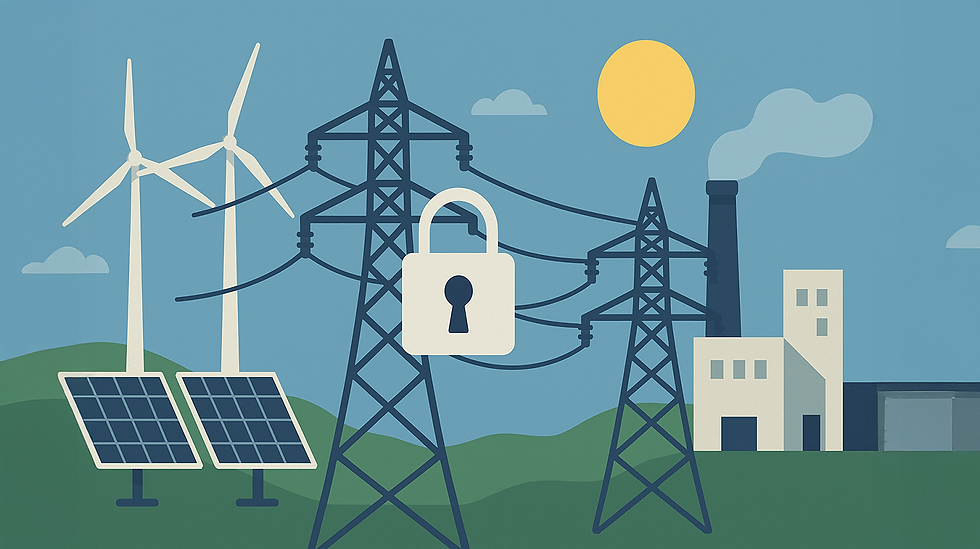Noise Pollution: The Hidden Threat to Marine Life
- Yaein Choi

- Oct 15, 2024
- 2 min read
Updated: Nov 13, 2024

The ocean is far from a silent world. Beneath the waves, a symphony of natural sounds plays out: the clicks and whistles of dolphins, the songs of whales, the snapping of shrimp. But this delicate acoustic environment is increasingly being disrupted by a growing cacophony of human-generated noise. Ships, sonar systems, seismic surveys, and underwater construction all contribute to a rising tide of noise pollution that threatens marine life.
Sound travels much farther and faster in water than in air. Marine animals rely on sound for essential life functions, including communication, navigation, finding food, and avoiding predators. Noise pollution can mask these vital sounds, disrupting their behavior and causing stress. Whales, for example, use low-frequency calls to communicate over long distances. Noise from shipping can interfere with these calls, making it difficult for them to find mates, maintain social bonds, and navigate safely.
Studies have shown that noise pollution can have a range of negative impacts on marine animals. It can cause hearing loss, disorientation, and changes in diving behavior. It can also interfere with their ability to find prey and avoid predators, leading to reduced feeding success and increased vulnerability. In extreme cases, intense noise can even cause physical injury or death.
Addressing noise pollution requires a concerted effort to reduce noise levels and protect sensitive marine habitats. Quieter ship designs, speed restrictions in critical areas, and the use of alternative technologies for underwater exploration are all potential solutions. Establishing marine protected areas where noise levels are regulated can also provide refuge for noise-sensitive species.
Raising awareness about the impact of noise pollution is crucial. By understanding the hidden threat to marine life, we can all contribute to a quieter and healthier ocean. Supporting research, advocating for responsible policies, and making informed choices about our own activities can all make a difference in protecting the acoustic environment of the ocean.



Comments